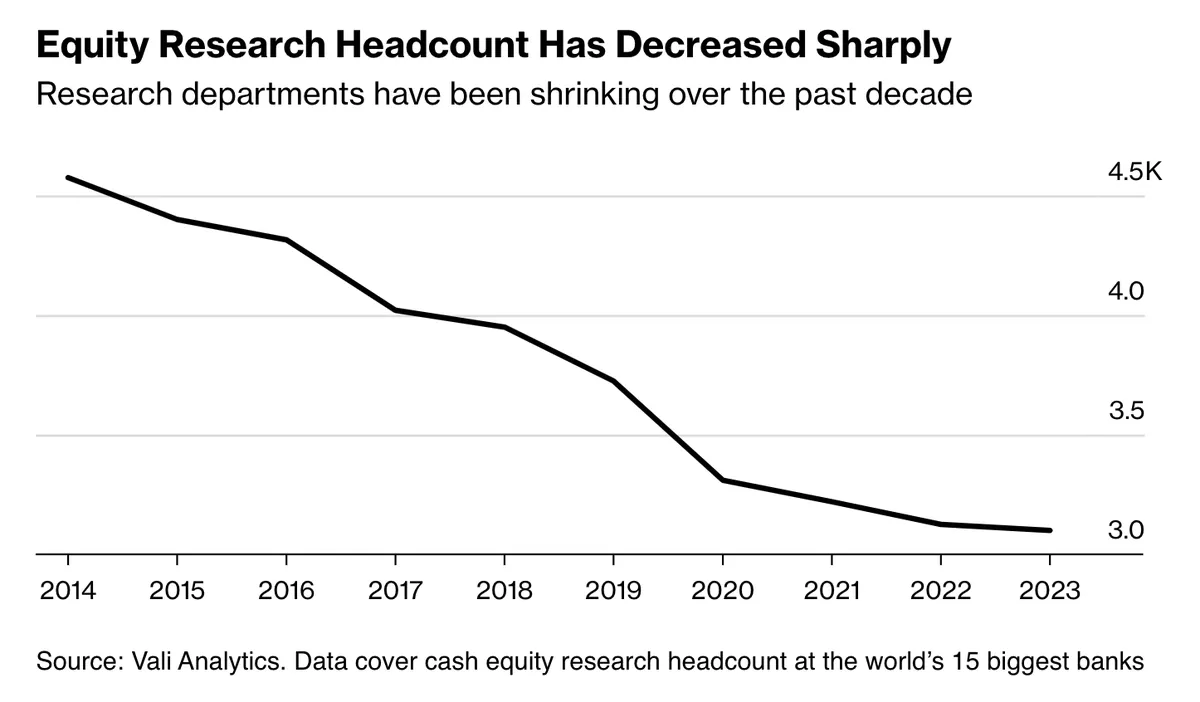AI Tools
What are some AI tools that venture capitalists can leverage today?
I spent the last few weeks researching these tools and experimenting with my own.
It seemed timely when considering the potential job displacement that is coming for white-collar workers. It's already affected equity research analysts for years since the passing of the Dodd-Frank Act in the US and MiFID II in the EU.

During my research, I came across an article on Harmonic's website that described how Flybridge uses their platform. (Harmonic is a startup discovery tool for venture capitalists. It sifts through SEC filings, business records, and various other sources to help VCs find startups early in their journey).
I started going down a rabbit hole and discovered several AI tools that Flybridge is using. In addition to Harmonic, an investor on the team created an automatic memo creator as a way to both promote their portcos and source new deals. It's no surprise that Flybridge has been able to manage over $1 billion with just six people on the investment team.
I had previously tried experimenting with Cursor. As the founders intended it to be, the speed of the experience made it quite fun. There is an initial friction to getting started if you have no coding experience, but you can either get Cursor or any other LLM to help figure things out.
As someone who briefly took a Python bootcamp in the summer of 2015, while I was able to create neat one-off tools, making granular changes to the code was still too difficult. Again, I could just ask Cursor to do it, but my limited understanding of how the backend was functioning meant that I had a hard time trusting that the app was working properly and would continue doing so. It ultimately felt like the time invested didn't yield the result I was looking for.
It was also an interesting insight as to why someone might use an application with a nice GUI over an easy-to-use coding interface.
Instead, I decided to focus on using one of the most powerful (and expensive) tools I have access to: ChatGPT Pro.
While it required some experimentation and tinkering, the ROI was well worth it this time.
Deep Research is an excellent tool as an initial primer on a new industry or company you want to learn about. It also does a great job of giving you a deep overview of current events by pulling in different news sources.
Asking Deep Research about Perplexity's offer to merge with TikTok provided a lot more information than I expected, such as the structure of the deal and the potential stance of ByteDance's existing investors.
The report itself was much longer than a typical Wall Street Journal article, but the fact that I didn't have to sift through a bunch of websites to access the same breadth of information meant that I ultimately got much more information in a shorter period of time.
The biggest drawback of the product is that it often fails to see the bigger picture. It often misses how broader industry dynamics, including macro trends and competition in adjacent sectors, can significantly influence a company.
In the case of Perplexity, while it mentioned Softbank as an investor in Bytedance, it did not mention that they are also an investor in Perplexity - a key detail that may have a material impact on the deal.
This isn't a major issue, as you would likely fill these gaps by supplementing your knowledge with an hour or two of Googling (something that you would have to do anyway if you're seriously considering an opportunity).
The primer can then be improved with this new source of information by re-prompting the model.
I often think about the Paradox of Convenience. The atrophying of capabilities is real when you're trading them for convenience. The skills that are needed for you to succeed in this age of AI are something that can only be honed with the experience that you have without the convenience of these tools like critical thinking, reasoning, and deduction.
It's a delicate balance, especially when speed and blitzscaling seem to win over all.
The definition of deep work will likely change as well.
Introspective thinking will have its place. But the ability to iterate with an AI and do so at a faster pace means that a new style of work will emerge. Is it better to have one thoughtful human that is able to synthesize all the information coming in in a way that is unique (for now) for the human brain? Or is it better for the human to manage 5, 10, or even a hundred different AI tools to process information at a speed unmatched by our biologically limited brain. What will society come to value more?